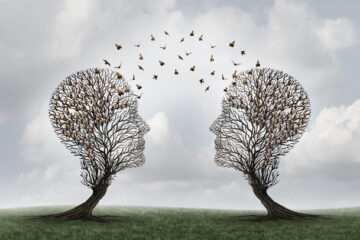Historically we have seen inequality arose from evolution, as a species when we started to move towards an agrarian society. With more land and more manpower to cultivate the land, you had a better life than a hunter and gatherer.
Monarchy and colonization contributed to an exponential increase in inequality where the power was held in the hands of a few. These hierarchical structured caused an unequal distribution of resources which caused large scale economic inequality leading to poverty in the oppressed communities globally.
Inequality is inter-generational and is a cycle where when once you lack access to a basic quality of life, you lack access to quality education, healthcare, which correlated to occupation. Social mobility is highly dependent on the overall structure of social statuses and occupations in a given society. A family’s socioeconomic status directly affect a child’s chances for obtaining a quality education and succeeding in life.
With different causes of inequality that are deeply rooted in history, society, and culture, today this kind of inequality is difficult to eradicate. Although difficult, I believe education is vital to society’s movement forward. Education promotes identity, equality of opportunity and social inclusion, social cohesion as well as economic growth and employment.
Education provides one of the most promising chances of upward social mobility into a better social class and attaining a higher social status. However, the stratification of social classes and high wealth inequality directly affects the educational opportunities that are available to lower economic straits and thus directly affecting their ability to move upwards in society.
The only way to change the current status quo is to create an environment for everyone to lead with empathy, so you can enable them to create change in their communities. When the oppressed are armed with skills like leadership, creative problem solving, empathy and collaborative action, they are bound to not only change their own conditions but also their communities status.
Instead of equality, we should work towards sufficiency. That is, we should desire not that everyone have the same, but that everyone have enough. If we turn from equality to sufficiency, we might retain our progressive economic agenda.



